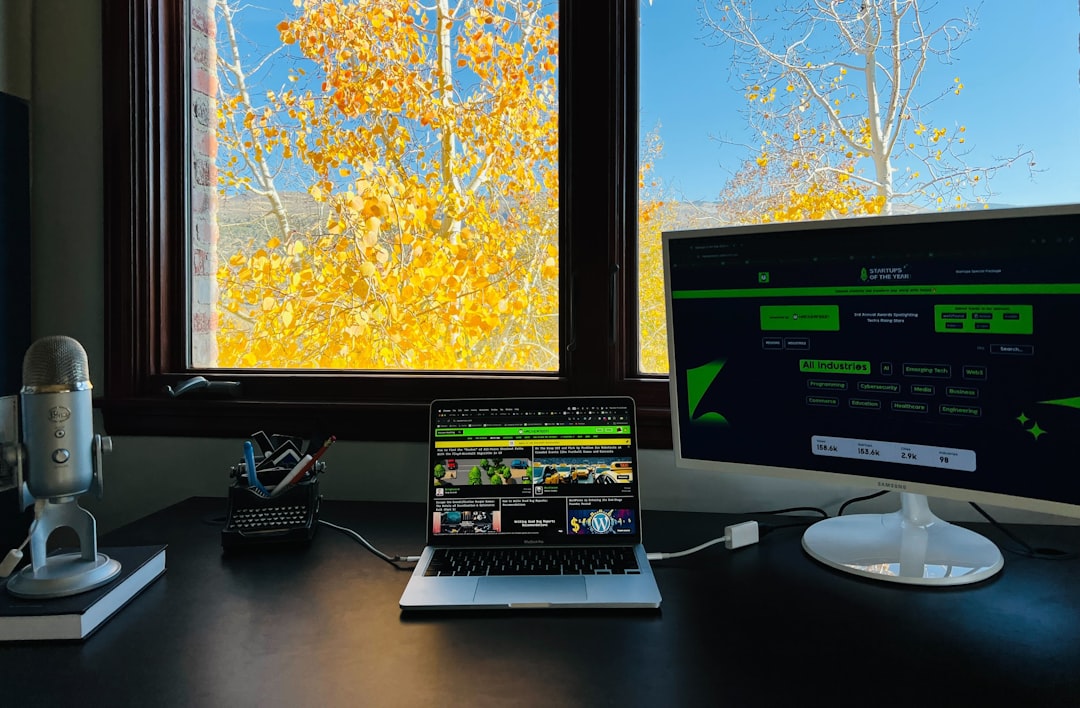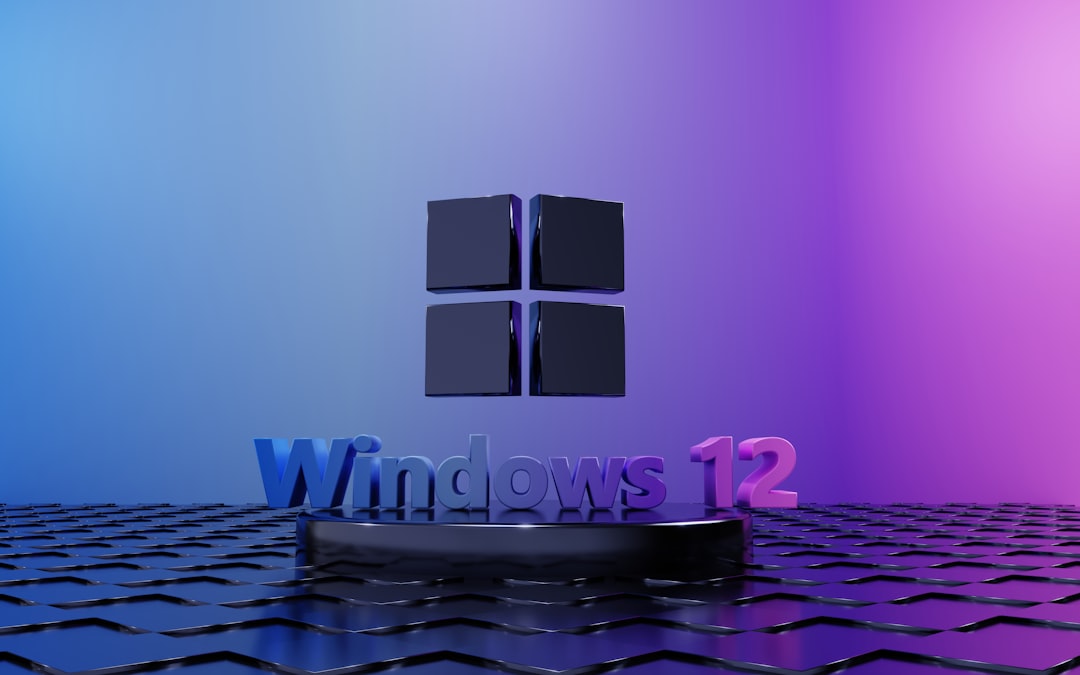Windows 7 remains a widely used operating system, largely because of its stability and compatibility with older software. However, some background services can cause performance issues, particularly on systems with limited resources. One such service is WMPNetworkSvc.exe, which is part of the Windows Media Player Network Sharing Service. While designed to enable media sharing across a network, this service can sometimes lead to high CPU and disk usage, making your system sluggish and unresponsive. Fortunately, there are effective ways to resolve this issue.
What is WMPNetworkSvc.exe?
The WMPNetworkSvc.exe process allows Windows Media Player (WMP) to share libraries with other devices like gaming consoles or other computers on the network. Although useful in media-sharing environments, it’s largely unnecessary for most users, especially those who do not use WMP or network media sharing. When left running, it can consume a significant amount of system resources for no good reason.

Symptoms of the Problem
Typical signs that you are having issues with WMPNetworkSvc.exe include:
- Consistently high CPU usage by the process in Task Manager.
- High disk activity even when the system is idle.
- Slow system responsiveness and increased application load times.
If any of these symptoms sound familiar, there’s a good chance disabling the WMP Network Sharing Service will help.
How to Disable WMPNetworkSvc.exe Safely
Follow these steps to stop the WMPNetworkSvc.exe from running in the background. This method is safe and reversible at any time.
Step 1: Open the Services Window
- Click the Start button.
- Type services.msc into the search box and press Enter.
Step 2: Locate the Service
In the Services window:
- Scroll down to find Windows Media Player Network Sharing Service.
- Right-click the service and choose Properties.
Step 3: Disable the Service
- In the Properties window, set the Startup type to Disabled.
- If the service is currently running, click the Stop button.
- Click OK to apply the changes and close the window.
This action stops the WMPNetworkSvc.exe from executing at system startup and uses zero system resources from now on.

Alternative Fixes and Considerations
If disabling the service alone doesn’t solve the issue, consider the following additional steps:
1. Remove Windows Media Player (Optional)
If you do not use Windows Media Player at all, you can remove it entirely:
- Go to Control Panel > Programs > Turn Windows features on or off.
- Uncheck Windows Media Player under Media Features.
- Click OK and restart your system.
This will remove the associated services and free up even more system resources.
2. Scan for Malware
In some cases, malware can disguise itself as legitimate Windows processes like WMPNetworkSvc.exe. Run a full system scan using a trusted antivirus tool to rule out this possibility.
Why This Process Consumes So Much Power
The WMPNetworkSvc.exe service is designed to continuously scan your media library and make updates available across the network. This constant scanning and indexing, especially in systems with large media libraries, can hog CPU cycles and disk bandwidth. Disabling it halts these background tasks and returns performance to your PC.
Final Thoughts
While WMPNetworkSvc.exe serves a useful function for a narrow group of users, its default activation in Windows 7 can be a nuisance for the average person. By following the methods listed above, you can easily stop high CPU and disk usage caused by this process, all without compromising system functionality or stability. If your system has been running slow without a clear cause, this one step could enhance your machine’s performance significantly.
